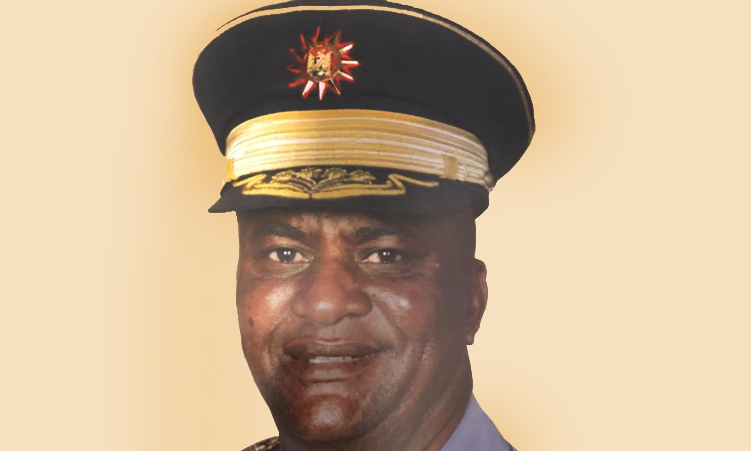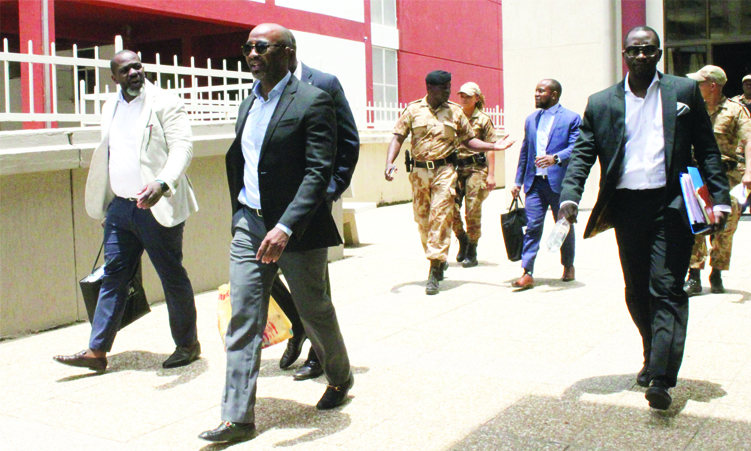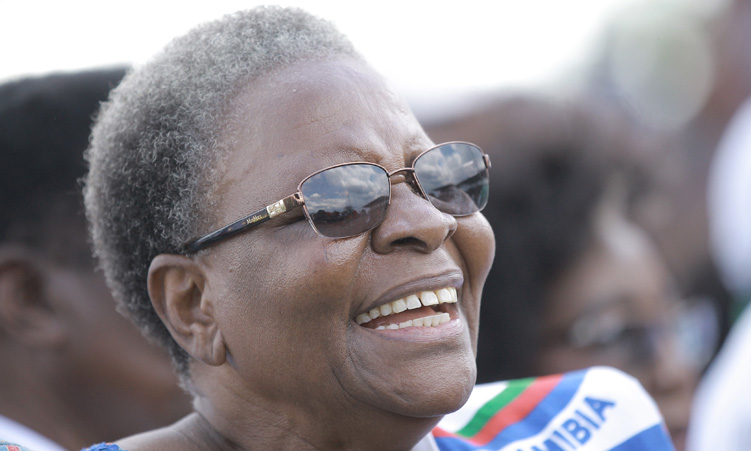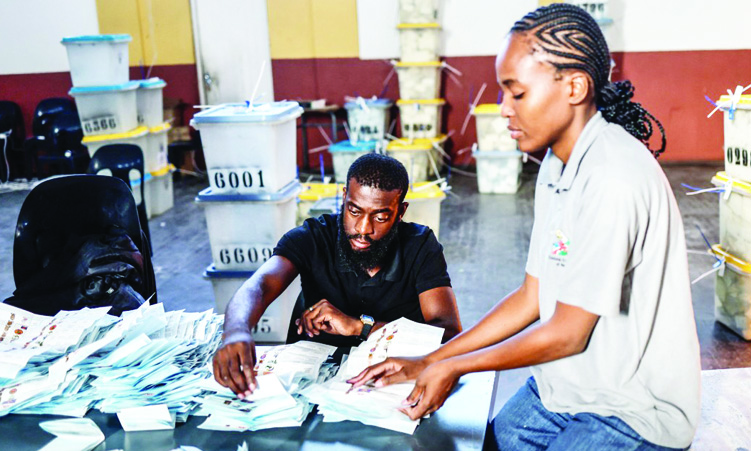Pertinent questions are being raised about the youth and leadership, especially in the political realm.
Hypothetically, there are positions that fit youth skills sets. However, at national level the youth require higher education qualifications, higher skills levels and earned leadership experience.
These are basic requirements for the global technological and socio-political arenas we are entering.
Rising to positions of leadership and power cannot be by accident or hollow popularity.
So how do we purposefully prepare them to lead competently at national level with adequate qualifications and experience?
Without such an approach, we are left with a proverbial ‘cart-before-the-horse’ scenario.
No one is born a leader. Individuals become leaders through character development, knowledge and skills acquisition, as well as learning through actions.
It is an active process in which individuals learn hard and soft skills to become better leaders, rather than simply being placed in positions by default.
VISION AND VALUES
The best leaders learn from experiences and through having an open mind, humility and a thoughtful and strategic manner.
Research suggests that your genes can determine personality traits that can help you be a successful leader.
However, it also supports the idea that leaders are made not born.
Leaders provide vision and direction, motivate and inspire others and help create an environment conducive for success by promoting communication and collaboration.
Leaders should have an exemplary character, strong ethics, values, vision, humility, compassion and empathy.
These are the type of leaders who build consensus in legislation, governance and management.
When a leader finds themselves in a new situation, it requires the capacity to recognise that although the circumstances are different, they might be able to address the situation using insights from past experiences.
Wisdom is built through personal attributes, education and experience.
This empowers leaders when making strategic decisions about legislation and governance, including understanding and bolstering business opportunities and political goals.
WHY YOU?
Good leaders are moulded through experience, continued study, mentoring, intentional efforts and adaptation. They are shaped by professional and personal experiences over many years.
Good leadership benefits from on-the job experience, not simply from formal or informal coursework or workshops.
One of my favourite training sessions at Bramshill Staff College in the United Kingdom was ‘Why Should Anyone Be Led By You?’
One of our experiences was to figure out our unique differentiators by looking at our life experiences: What unique skills or experiences do we have that are relevant to our situation.
Past experiences can help you navigate the present, while current experiences may prompt you to re-examine past experiences for new lessons.
Some people may have a natural talent for leadership even if they don’t have much experience.
A leader facing a complex or unfamiliar challenges will often rely, even subconsciously, on wisdom gained from past experiences.
The ability to inspire, motivate and guide people towards a common goal is another critical factor in leadership.
THE CHALLENGE
Personal character, time served, quality and diversity of experience matter immensely in the leadership equation.
Some of the most valuable experiences are those that push you out of your comfort zone, stretch your skills and challenge your abilities.
Making worthwhile changes is rarely easily, and requires intentional effort.
In summary, one needs to start with building skills in four key areas: Self-awareness, learning agility, communication, and influence.
These are closely linked to effective leadership for leaders of any age.
While many leaders have specific strengths in one or two of these skills, few of us are highly proficient in all of them.
Fortunately, life will provide youthful leaders with many opportunities to develop their skills!
It is good news to see young people making their way up the political ladder and into leadership positions; it means they can learn and become skilful leaders.
However, those in political and governance structures must help ensure their success by helping shape their character and abilities.
Also, they must earn their stripes.
We will fail as a nation if we simply thrust a ‘youthful bunch’ with bloated egos into leadership positions. That is a recipe for entitlement and failed leadership, for political instability and socio-economic stagnation.
- Major general JB Tjivikua served in the Namibian Police for 27 years.
Stay informed with The Namibian – your source for credible journalism. Get in-depth reporting and opinions for
only N$85 a month. Invest in journalism, invest in democracy –
Subscribe Now!






